
Why Eyeliner Tattoo is Your Secret Weapon Against the Heat Here’s the deal: You want eyeliner that doesn’t melt off by 10 am in the
0481 084 279
elitelookbyelena@gmail.com
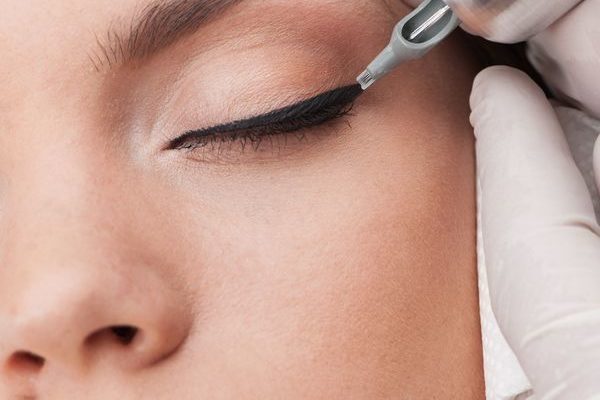
Conjunctivitis is a common eye condition that affects millions of people worldwide. It is an inflammation of the conjunctiva, the thin transparent layer of tissue that covers the white part of the eye and the inside of the eyelids. Conjunctivitis can be caused by a variety of factors such as bacteria, viruses, allergens, or irritants. On the other hand, eyeliner tattooing, also known as permanent makeup, has gained popularity in recent years, as it provides a convenient way to enhance the appearance of the eyes. However, it is important to understand the potential risks associated with eyeliner tattooing, particularly in relation to conjunctivitis.
In this article, we will explore the relationship between conjunctivitis and eyeliner tattooing. We will discuss what conjunctivitis is, its causes, and symptoms, as well as the risks and complications associated with eyeliner tattooing. We will also provide some tips on how to prevent conjunctivitis and minimise the risk of developing complications from eyeliner tattooing.
Conjunctivitis, also known as pink eye, is a common eye condition that affects the conjunctiva, the thin transparent layer of tissue that covers the white part of the eye and the inside of the eyelids. Conjunctivitis can be caused by a variety of factors, including bacteria, viruses, allergens, or irritants. The most common symptoms of conjunctivitis include redness, itching, watering, and a gritty sensation in the eye. It can also cause discharge, crusting, and sensitivity to light.
Conjunctivitis can be caused by a variety of factors, including:
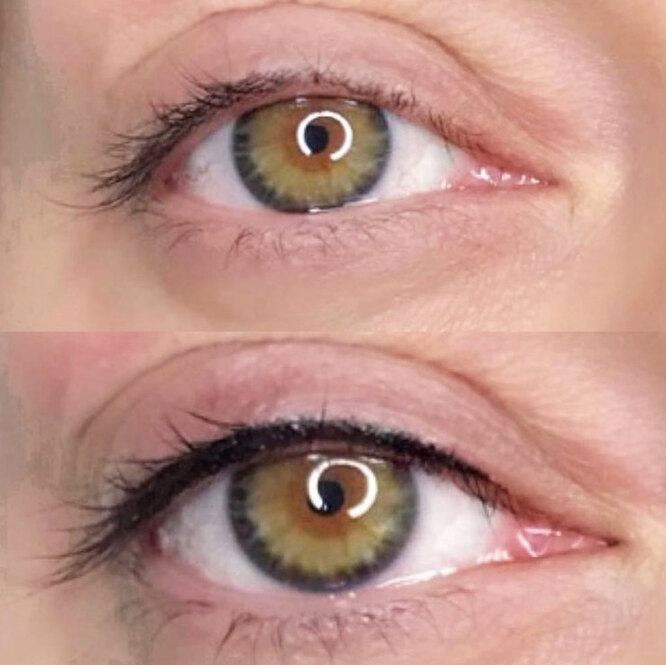
Eyeliner tattooing, also known as permanent makeup, is a cosmetic procedure that involves injecting ink into the skin around the eyes to create a long-lasting eyeliner effect. The procedure involves using a needle or a special tattooing device to inject the ink into the skin. Eyeliner tattooing can be used to enhance the shape and definition of the eyes and is often preferred by people who have allergies to traditional makeup or have difficulty applying makeup.
While eyeliner tattooing can be a convenient way to enhance the appearance of the eyes, it is not without risks. Some of the potential risks and complications associated with eyeliner tattooing include:
There is a potential relationship between conjunctivitis and eyeliner tattooing, particularly if the tattooing equipment or ink is not properly sterilised. Bacteria or viruses can be introduced into the eye during the procedure, which can cause conjunctivitis. Additionally, if the eyes are not properly cleaned and cared for after the procedure, it can also lead to the development of conjunctivitis.
To prevent conjunctivitis and minimise the risk of developing complications from eyeliner tattooing, it is important to:
Conjunctivitis and eyeliner tattoo are two distinct but potentially related topics. While conjunctivitis is a common eye condition that can be caused by a variety of factors, eyeliner tattooing can provide a convenient way to enhance the appearance of the eyes. However, it is important to understand the potential risks and complications associated with eyeliner tattooing, particularly in relation to conjunctivitis. By choosing a reputable professional, following proper aftercare instructions, and practicing good hygiene, you can minimize the risk of developing complications from eyeliner tattooing and prevent the development of conjunctivitis.
FAQs
Before diving into the steps to prevent and manage conjunctivitis, it is essential to understand the condition. Conjunctivitis is an inflammation of the conjunctiva, the thin, clear tissue that lines the inside of the eyelid and covers the white part of the eye. The condition can occur due to bacterial, viral, or allergic agents, and symptoms may include redness, itching, burning, and discharge from the eye. Conjunctivitis can be highly contagious and can spread through contact with an infected person, contaminated surfaces, or shared items like towels or eye makeup.
Preventing conjunctivitis starts with maintaining good hygiene practices and avoiding exposure to known irritants or infectious agents. Here are some effective steps you can take to prevent conjunctivitis:
Washing your hands regularly with soap and water is the most effective way to prevent the spread of conjunctivitis. Make sure to wash your hands before touching your eyes or face, especially if you have been in contact with an infected person or contaminated surfaces.
Avoid touching your eyes, especially if your hands are not clean. Rubbing or scratching your eyes can introduce infectious agents or irritants, leading to conjunctivitis.
Good hygiene habits like avoiding sharing personal items like towels, pillowcases, and eye makeup can help prevent the spread of conjunctivitis. Make sure to keep your personal items clean and avoid sharing them with others.
Irritants like smoke, dust, and chemicals can cause conjunctivitis. Protect your eyes by wearing protective eyewear or avoiding exposure to known irritants.
Getting vaccinated against viruses that cause conjunctivitis like adenovirus can significantly reduce your risk of developing the condition.
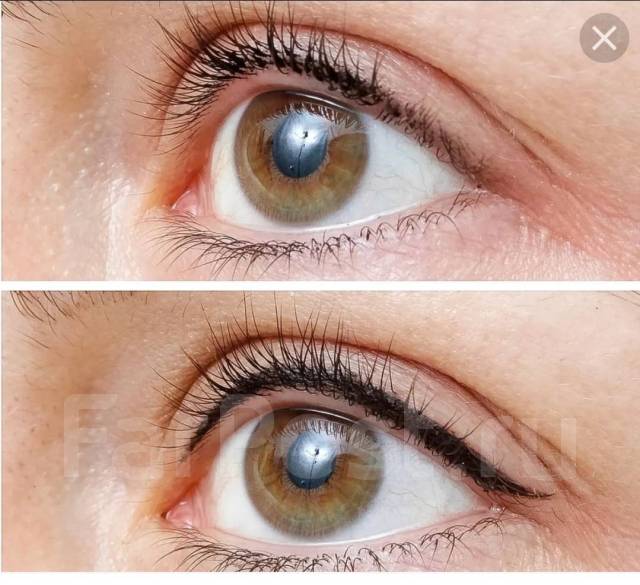
In some cases, conjunctivitis can lead to severe complications that require medical attention. Here are some effective measures you can take to manage complications of conjunctivitis:
1. Seek Medical Attention
If you experience severe symptoms like pain, vision changes, or discharge from the eye, seek medical attention immediately. Your doctor may prescribe antibiotics, antiviral medication, or other treatments to manage the condition.
2. Use Eye Drops or Ointments
Eye drops or ointments may help relieve symptoms like redness, itching, or burning associated with conjunctivitis. Make sure to use them as directed by your doctor or pharmacist.
3. Apply Warm Compresses
Applying warm compresses to the affected eye can help relieve symptoms like swelling, discharge, or pain. Make sure to use a clean, damp cloth and apply gentle pressure to the affected area.
4. Rest Your Eyes
Resting your eyes by avoiding bright lights, screens, or reading can help reduce the strain on your eyes and promote healing.
5. Avoid Contact Lenses
Contact lenses can irritate the eyes and worsen the symptoms of conjunctivitis. Avoid wearing contact lenses until the condition has resolved, and make sure to clean and disinfect them properly before reusing them.
6. Maintain Good Hygiene Practices
Maintaining good hygiene practices can help prevent the spread of conjunctivitis and manage complications. Make sure to wash your hands frequently, avoid touching your eyes, and keep your personal items clean and separate.
7. Follow Your Doctor’s Instructions
If you have been diagnosed with conjunctivitis, make sure to follow your doctor’s instructions carefully. Take any prescribed medication as directed, avoid touching or rubbing your eyes, and attend follow-up appointments as recommended.
Conjunctivitis is a common eye condition that can cause discomfort, redness, and discharge from the eye. However, by taking the necessary steps to prevent the condition and manage any complications that may arise, you can protect your eyes and maintain good eye health. Remember to practice good hygiene habits, avoid contact with irritants or infected individuals, and seek medical attention if necessary. By doing so, you can keep your eyes healthy and prevent the spread of conjunctivitis.
Is conjunctivitis contagious? Yes, conjunctivitis can be highly contagious and can spread through contact with an infected person, contaminated surfaces, or shared items like towels or eye makeup.
What are the symptoms of conjunctivitis? Symptoms of conjunctivitis may include redness, itching, burning, and discharge from the eye.
Can I wear contact lenses if I have conjunctivitis? It is best to avoid wearing contact lenses until the condition has resolved, and make sure to clean and disinfect them properly before reusing them.
How can I prevent conjunctivitis from occurring? You can prevent conjunctivitis by maintaining good hygiene practices, avoiding contact with known irritants or infectious agents, and getting vaccinated against viruses that cause conjunctivitis like adenovirus.
When should I seek medical attention for conjunctivitis? If you experience severe symptoms like pain, vision changes, or discharge from the eye, seek medical attention immediately. Your doctor may prescribe antibiotics, antiviral medication, or other treatments to manage the condition.
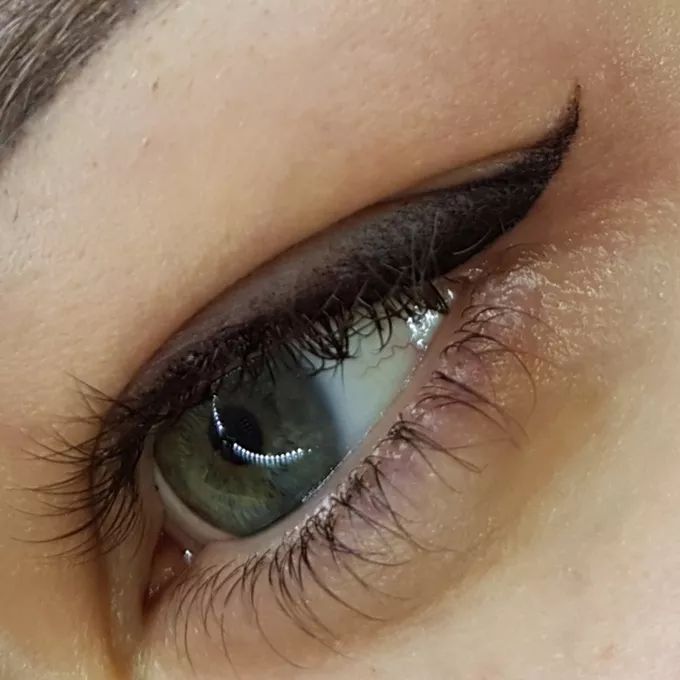
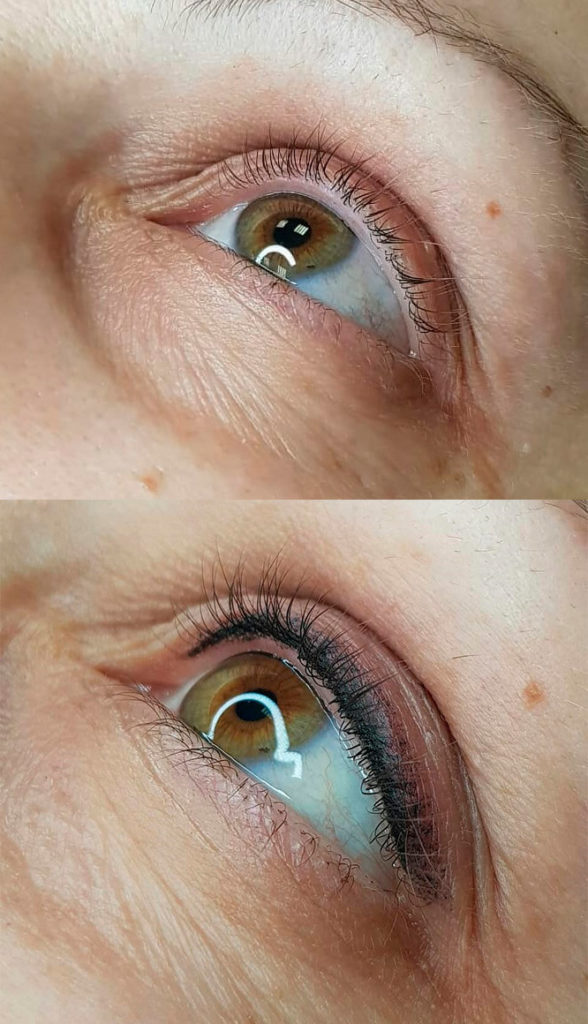

Why Eyeliner Tattoo is Your Secret Weapon Against the Heat Here’s the deal: You want eyeliner that doesn’t melt off by 10 am in the

Lip Tattoo Color Consultation, Finding Your Perfect Shade You’re thinking about a lip tattoo, maybe lip blushing, and the biggest question mark is the colour.

Powder Eyebrow Tattoos: Solution for Scarred or Overplucked Brows Tired of battling your brows every morning? Struggling with gaps from old scars or the ghost

How is a cosmetic tattoo different from a regular tattoo? Lip Tattoo in Perth: The Real Deal on Fading Thinking about getting a lip tattoo

Lip tattoo for Men This is a deep dive into lip tattoo for men from 12+ years of Elite Look’s experience. We’re talking natural enhancement,
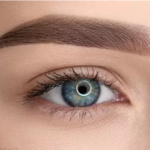
Eyebrow Tattoo for Perth’s Ladies with Mature Skin Look, let’s cut straight to it. You’re here because you’re exploring eyebrow tattoo for Perth’s ladies with

Why Cosmetic Tattooing is Your Secret Weapon Over 40 in Perth Tired of the daily makeup grind?Eyebrows doing a disappearing act by lunchtime?Lipstick bleeding into

Cosmetic tattoo during Perth’s winter season You’re wondering why cosmetic tattoo relevant during Perth’s winter season, right?It’s a solid question.Most people think summer, sunshine, beach

Elite Look cosmetic tattoos in Perth. Elena is a cosmetic specialist and tattooist and in Perth who specialises in the art of creating beautifully natural tattooed lips, brows and eyeliner. Her focus is always on offering clients the best and natural-looking solutions and provide the top quality services to satisfy their lifestyle needs, and physical challenges.
About